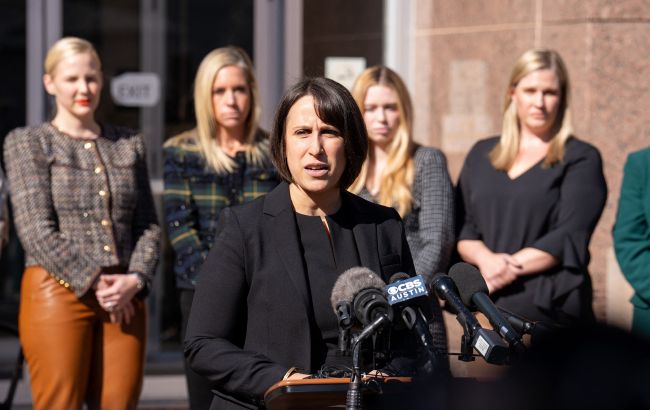Texas court rules against woman who needs abortion for medical emergency
 Molly Duane (Getty Images)
Molly Duane (Getty Images)
On Monday, the Texas Supreme Court overturned a previous decision that would have permitted a pregnant woman, Kate Cox, to undergo an emergency abortion under the medical exception outlined in the state's near-total abortion ban, according to Reuters.
This reversal followed a petition by Republican Attorney General Ken Paxton and was delivered by the court's nine Republican justices.
Cox, who asserted that her fetus had a fatal diagnosis and continuing the pregnancy posed health risks, including implications for her future fertility, had left the state to get the abortion but wanted to continue the legal proceedings.
In an unsigned opinion, the high court ruled unanimously that the "good faith belief" of Dr. Damla Karsan, who intended to perform the abortion and joined Cox in the lawsuit, was insufficient to qualify for the state's exception. Instead, the court stipulated that Karsan must use her "reasonable medical judgment" to determine that Cox faced a "life-threatening condition," justifying the necessity of an abortion to prevent death or impairment of a major bodily function.
What the attorney says
According to NBC News, Molly Duane, an attorney at the Center for Reproductive Rights, who is representing Cox, said the Supreme Court "ruling should enrage every Texan to their core."
"If Kate can’t get an abortion in Texas, who can? Kate’s case is proof that exceptions don’t work, and it’s dangerous to be pregnant in any state with an abortion ban," Duane said.
Duane added Cox had to seek medical care outside Texas "due to the ongoing deterioration" of her health.
Cox's lawsuit
Cox's fetus was diagnosed with trisomy 18, a genetic abnormality and uncommon chromosomal disorder that often leads to stillbirth or the death of a newborn shortly after birth. Besides, it has health risks for the pregnant patient.
Cox's lawsuit, filed last Tuesday, is considered one of its kind, as only a limited number of pregnant women have pursued legal actions against states' abortion restrictions. In her legal action, Cox, who was approximately 20 weeks pregnant, argued that continuing the pregnancy would necessitate her third Caesarian section, potentially jeopardizing her ability to have more children, a desire shared with her husband.
The U.S. law on abortion
As of 2023, California, Michigan, Ohio, and Vermont stand as the sole U.S. states explicitly recognizing abortion rights in their state constitutions. Some states, like Kansas and Montana, imply the right to abortion subject to state judicial review, while others, such as Colorado, protect it through state law. The state constitutions of Alabama, Louisiana, Tennessee, and West Virginia explicitly do not guarantee a right to abortion.
In Texas, it is still illegal to have an abortion, including by abortion-inducing medications, in most circumstances. Texas laws have limited exceptions only to save the life or prevent “substantial impairment of major bodily function” of a pregnant.

